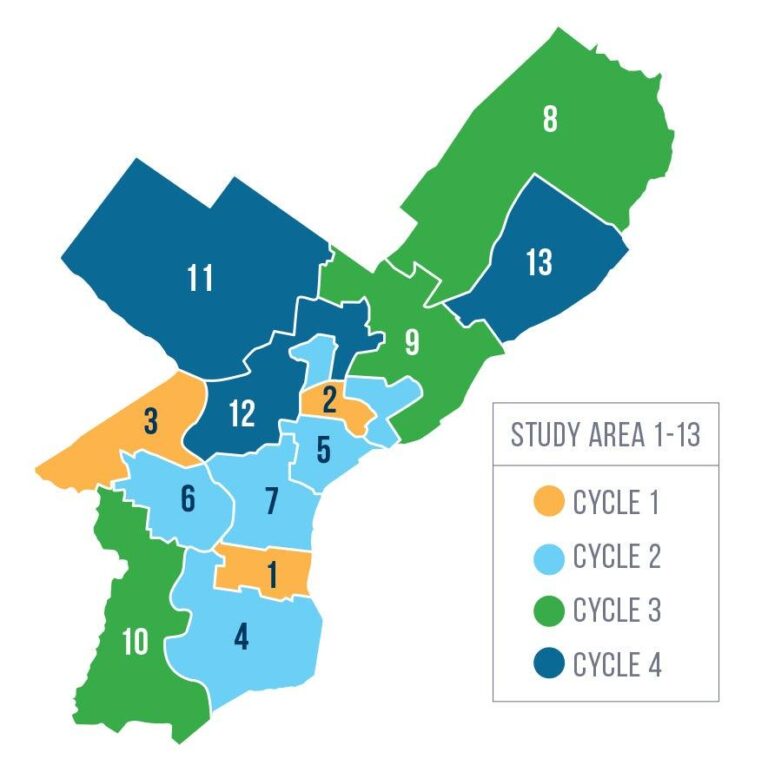Delayed Release of PhiladelphiaŌĆÖs School Closure Strategy Sparks Widespread Concern
PhiladelphiaŌĆÖs education authorities have postponed the publication of their anticipated school closure blueprint, initially expected this November. This postponement has left families and educators in a state of uncertainty regarding the future of several schools, particularly in districts under consideration for consolidation or shutdown. The absence of a clear plan complicates preparations for the upcoming school year, fueling anxiety among parents and staff alike. Educators emphasize the critical need for transparent and prompt communication to effectively manage staffing, resources, and instructional planning.
Primary issues highlighted by stakeholders include:
- Heightened unease among students and families about the stability of their schools.
- Obstacles for teachers in organizing curricula and anticipating class sizes.
- Potential setbacks in reallocating displaced personnel.
- Reduced chances for meaningful community input before final decisions are made.
| Group | Primary Concern | Anticipated Effect |
|---|---|---|
| Parents | Ambiguity regarding school placements | Complications in daily logistics and planning |
| Teachers | Uncertainty about employment status | Elevated stress levels and diminished morale |
| Administrators | Community pressure and expectations | Difficulty in resource management |
Academic and Emotional Impact of Closure Plan Delay on Philadelphia Students
The postponement of the school closure announcement has intensified concerns among PhiladelphiaŌĆÖs families and educators, as the lack of a definitive timeline complicates academic year preparations. Students, especially those dependent on consistent in-person instruction and school-based services, face the risk of academic setbacks. Teachers are compelled to develop multiple contingency plans, increasing their workload during an already demanding period.
Educational specialists warn that this delay could widen existing achievement gaps, disproportionately affecting vulnerable groups such as students with limited digital access or special education requirements. The table below outlines the potential repercussions stemming from the delay:
| Area of Impact | Possible Outcomes |
|---|---|
| Student Achievement | Disrupted learning progression and increased disparities |
| Family Arrangements | Challenges in organizing childcare and overseeing remote education |
| Teacher Readiness | Heightened workload and constrained ability to customize instruction |
| Student Mental Health | Increased anxiety and social disconnection |
Calls for Clarity and Stakeholder Engagement from Philadelphia School District
Community leaders, parents, and educators have voiced strong objections to the Philadelphia School DistrictŌĆÖs decision to withhold its detailed school closure plan. The lack of timely disclosure is seen as a barrier to meaningful stakeholder participation and erodes confidence in district leadership. Advocates stress that transparent, accessible communication is vital for families to make informed educational choices and for staff to prepare adequately for impending changes.
Key demands emerging from community discussions include:
- Public dissemination of comprehensive timelines detailing the decision-making process and expected milestones.
- Consistent updates delivered through diverse channels to ensure broad accessibility.
- Inclusive forums that invite input from parents, educators, and community members.
| Stakeholder | Primary Concern | Requested Measures |
|---|---|---|
| Parents | Uncertainty about school zoning | Clear and updated boundary maps |
| Teachers | Job security and classroom readiness | Advance notifications and support services |
| Community Advocates | Neighborhood impact and resource allocation | Open dialogue sessions and impact assessments |
Strategies for Managing Uncertainty During PhiladelphiaŌĆÖs School Closure Delay
In light of the ongoing uncertainty caused by the withheld closure plan, Philadelphia families and educators are encouraged to adopt proactive approaches to navigate this challenging period. Staying engaged with official district communications and participating in community meetings can provide valuable updates and opportunities for input. Additionally, connecting with local parent-teacher organizations offers a platform for sharing concerns and practical advice.
To mitigate disruption, consider implementing the following strategies:
- Arrange alternative childcare and transportation plans to accommodate sudden changes in school assignments.
- Maintain open conversations with students to help alleviate their worries about academic uncertainties.
- Monitor enrollment deadlines and transfer policies closely to respond promptly if closures are confirmed.
| Resource | Function | Access Information |
|---|---|---|
| Philadelphia School District Website | Official announcements and updates | PhilaSD.org |
| Community Engagement Forums | Information exchange and peer support | Local community centers and social media groups |
| Parent-Teacher Associations | Advocacy and school-specific news | Contact individual schools |
Conclusion: PhiladelphiaŌĆÖs School Closure Delay and the Path Forward
As Philadelphia postpones the release of its school closure plan beyond the expected November date, uncertainty continues to mount among students, parents, and educators. The district faces the complex task of balancing fiscal constraints, enrollment fluctuations, and community impact. Stakeholders remain eager for transparent communication and decisive action to navigate these challenges. Ongoing coverage will track developments and provide timely insights as the situation evolves.








